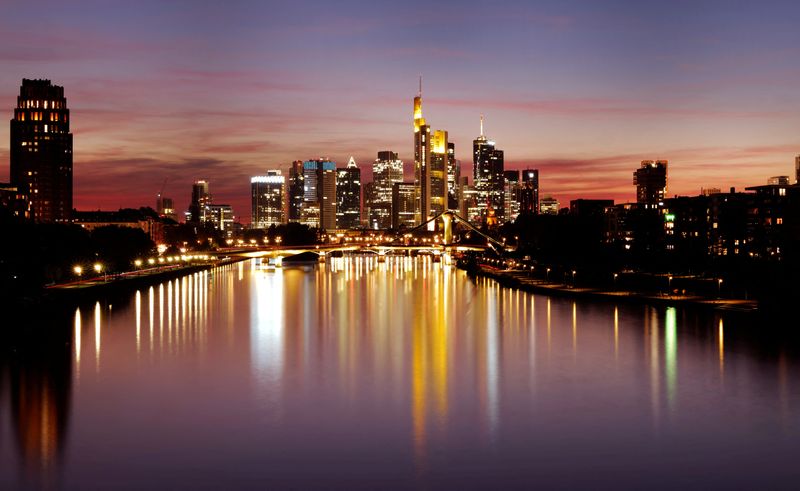BERLIN (Reuters) - German growth will be weaker than expected this year due to the effects of Russia's invasion of Ukraine which will also push up inflation in Europe's biggest economy, the Ifo institute said on Wednesday.
"We expect growth of only between 2.2% and 3.1% this year," Ifo's chief economist Timo Wollmershaeuser said in a statement. In December, Ifo had forecast 3.7% growth.
The institute revised its inflation forecast to between 5.1% and 6.1%, up from 3.3% which it had predicted in December.
"The Russian attack is dampening the economy via significantly higher raw material prices, sanctions, increasing supply bottlenecks for raw materials and increased economic uncertainty," said Wollmershaeuser.
The reduced forecasts come after three other institutes slashed their predictions last week due to the Ukraine war. The trio - the IfW, the RWI and the IWH - gave forecasts ranging from 2.1% to 3.1%.
The German government most recently forecast 2022 growth of 3.6%, up from 2.9% last year.

At the same time, Ifo said full order books for industry and the normalisation of the COVID-19 pandemic are likely to boost the economy in the longer run.
It raised its growth forecast for 2023 to between 3.3% and 3.9% from its December prediction of 2.9% and said it now sees inflation next year at around 2.0% compared with 1.8%.